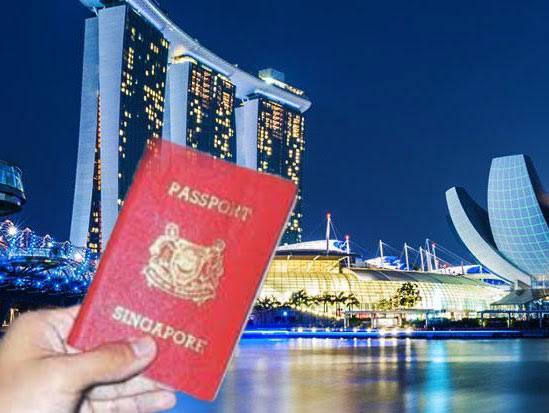
Do Singaporean Nationals Need a Visa for Schengen Countries in 2024?
admin
- 0
Singaporean nationals enjoy a strong passport, offering visa-free or visa-on-arrival access to many countries around the world, including most of Europe. However, when it comes to traveling to Schengen Area countries, there are important considerations for those planning long-term stays or specific travel purposes.
Schengen Area Overview
The Schengen Area comprises 27 European countries that have abolished passport and other types of border controls at their mutual borders. These countries are located in the heart of Europe, and they form one of the most significant regions in terms of travel and commerce. The idea behind the Schengen Area is to promote free movement across member countries. These nations have uniform visa policies that allow non-EU nationals to enter the Schengen Zone for short stays without undergoing the traditional border checks.
Visa-Free Travel for Singaporeans to Schengen Countries
As of 2024, Singaporean passport holders can travel to Schengen Area countries for short visits of up to 90 days within a 180-day period without the need for a visa. This exemption applies to tourism, business trips, and family visits. This means that Singaporeans can travel freely between Schengen countries for up to 90 days within any six-month period without the need for a visa. However, it’s important to note that these 90 days are counted across all Schengen countries combined, not per individual country.
Understanding the 90/180 Rule
While Singaporeans are allowed visa-free entry for short stays, they must adhere to the Schengen Area’s 90/180 rule. This rule means that within any 180-day period, travelers are only allowed to stay for a cumulative total of 90 days in Schengen Area countries. This rule is strictly enforced, and overstaying can result in fines, deportation, and even future travel bans to the Schengen Area. It is crucial for Singaporean nationals to keep track of their travel days in order to avoid overstaying.
Long-Term Stays in Schengen Countries
For Singaporeans who plan to stay in Schengen countries for longer than 90 days, a visa is required. Long-term stays, such as those for study, work, or family reunification, require a residence visa specific to the country in which the individual intends to stay. Each Schengen country has its own visa policies for long-term stays, and applications typically involve providing proof of accommodation, financial means, health insurance, and a clear purpose for the stay.
Schengen Visa for Multiple Countries
Although Singaporean nationals do not require a visa for short stays, those who wish to travel to multiple Schengen countries for long periods need to apply for a Schengen visa. In cases where the traveler intends to visit several Schengen countries for longer stays, the application process involves obtaining a visa for the country of primary destination, the one where the traveler will spend the most time or has the most significant connection. The Schengen visa allows travel to all member states within the visa’s validity period.
Impact of the ETIAS in 2024
Starting in 2024, Singaporean nationals, like other non-EU travelers, will need to apply for an ETIAS (European Travel Information and Authorization System) authorization before entering any Schengen Area country. This new system is not a visa but a travel authorization, similar to the U.S. ESTA. The ETIAS will be mandatory for visa-exempt travelers, and the application process is online, quick, and relatively inexpensive. However, it’s important to note that this system only applies to short-term travelers, and long-term stays will still require the appropriate visa.
Key Takeaways for Singaporeans Traveling to Schengen Countries
In summary, Singaporean nationals can visit Schengen countries without a visa for up to 90 days within a 180-day period. However, they must be mindful of the 90/180 rule to avoid overstaying. For long-term stays, a specific visa must be applied for, depending on the purpose of the visit. Additionally, the introduction of the ETIAS in 2024 will require Singaporeans to apply for travel authorization for short-term stays in Schengen Area countries. By understanding these regulations, Singaporean travelers can ensure smooth and stress-free visits to Europe.

